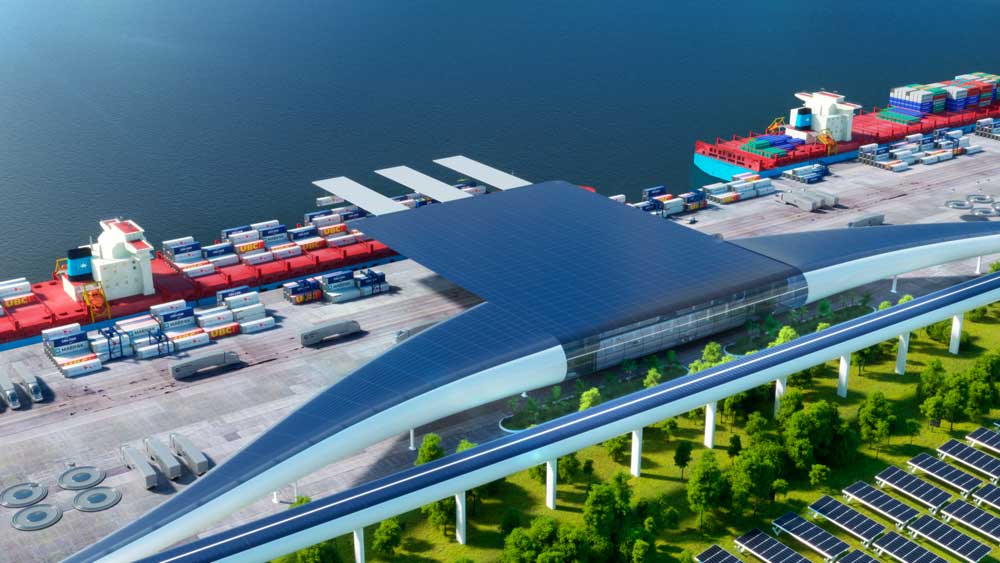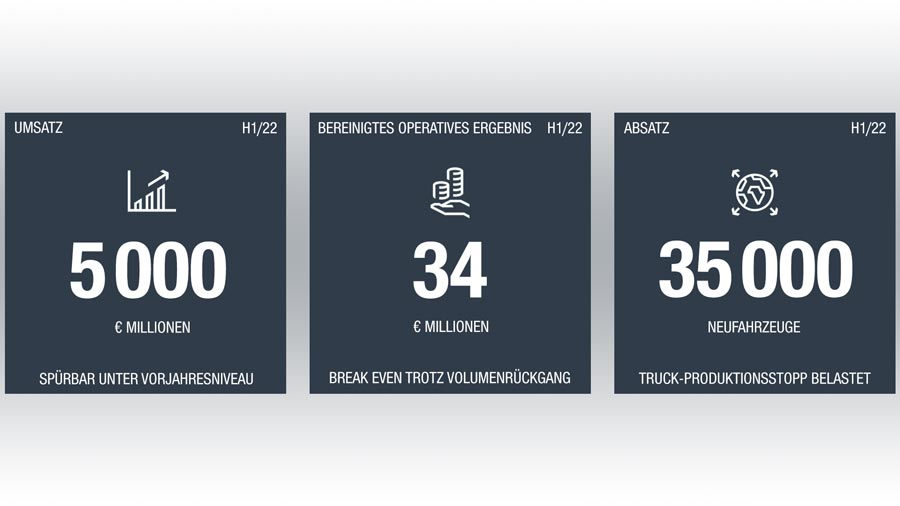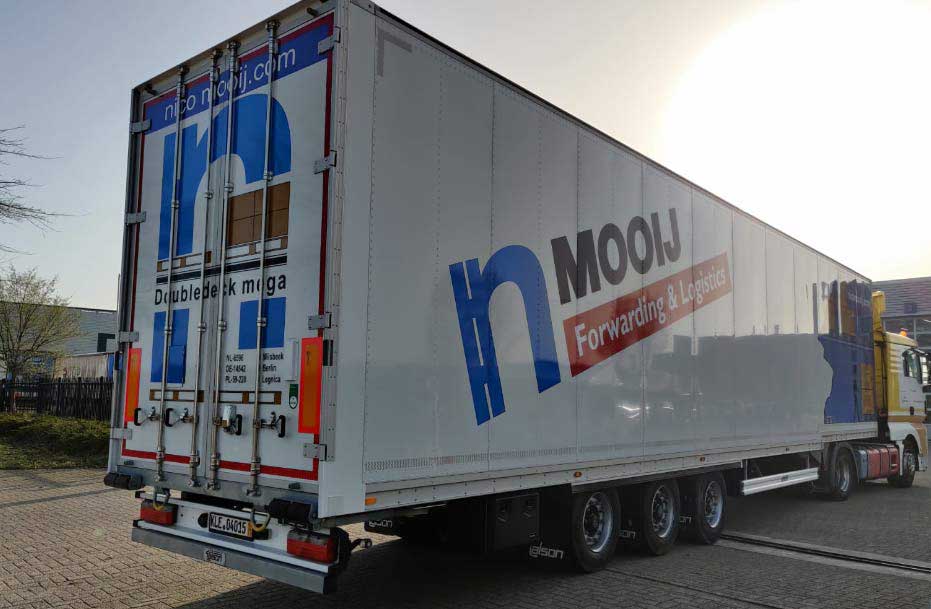Dubai-backed Virgin Hyperloop laying off more than half its workforce indicates that the company is looking to streamline its investments towards freight transport, instead of passenger travel, according to GlobalData’s MEED. The leading data and analytics company notes that this is a strategic redirection that aligns with Dubai’s wider transportation sector.
In April 2018, Dubai port operator DP World, which holds a 76% stake in Virgin Hyperloop, launched DP World Cargospeed. It was claimed to move at top speeds of 1,000 kilometres an hour to transport high-priority, time-sensitive goods, including fresh food, medical supplies and electronics. The firm is also backed by the UK’s Virgin Group, whose founder, Richard Branson, said that the system would capitalize on the opportunity presented by a growing preference for e-commerce and on-demand deliveries.
Neha Bhatia, Construction & Infrastructure Editor at GlobalData’s MEED, comments: “The development of a cargo hyperloop network at Jebel Ali could pave the way for DP World to speed up output at what is already the busiest port in the Middle East, as well as maximise the port’s land area.”
A cargo system at Jebel Ali port would also offer the operator a time- and cost-based advantage, while exporting to neighboring markets such as Abu Dhabi and Jeddah. Hyperloop development plans have been discussed for both cities in recent years.
Bhatia notes: “Virgin Hyperloop’s position on its cargo potential has likely strengthened in the four years since Cargospeed’s launch and could be partly attributable to the supply chain disruptions brought on initially by COVID-19, as well as the obstruction of the Suez Canal in March 2021.
“The move away from passenger hyperloop, even for the short term, aligns more closely with Dubai’s wider transport sector. Tried and tested cargo hyperloop systems will lend much-needed credibility for the new technology to take off as a public transit option, when it is ready for commercialization in the city and beyond.”
In the meantime, regional passenger travel will continue to be served by Dubai’s established aviation infrastructure, including super-connector Emirates and the Dubai International hub airport. For instance, Dubai-Riyadh is the busiest international airline route in February 2022, according to aviation consultancy OAG. As such, the estimated two-hour flight route is likely to continue attracting high airfares until a faster travel option—such as passenger hyperloop—becomes available in both cities.
Bhatia adds: “Virgin Hyperloop’s decision to rank cargo transport ahead of passenger travel is understandable given the new post-pandemic realities that regional logistics and travel economies must contend with.
“Proponents of hyperloop technology will hope the investment reprioritization will spur along the development of functional cargo pods and routes in the near future. For Dubai, the strategy will lead to a positive net result.”










